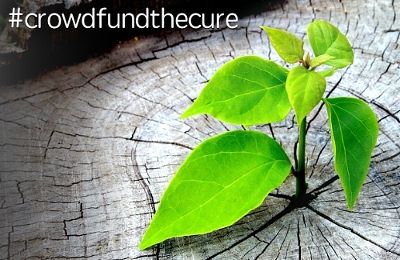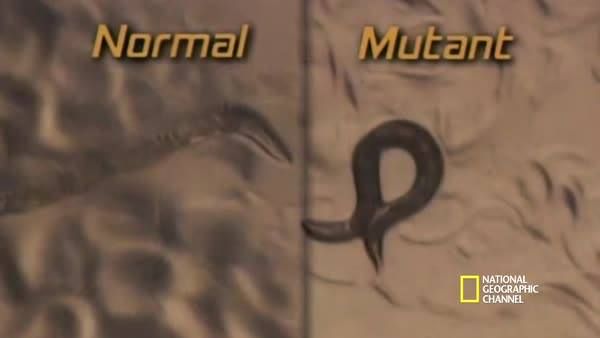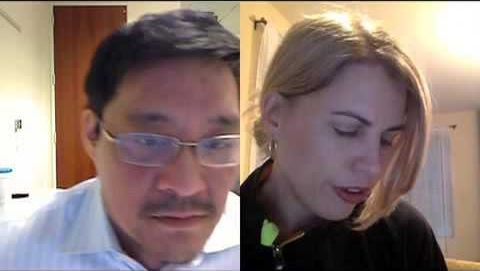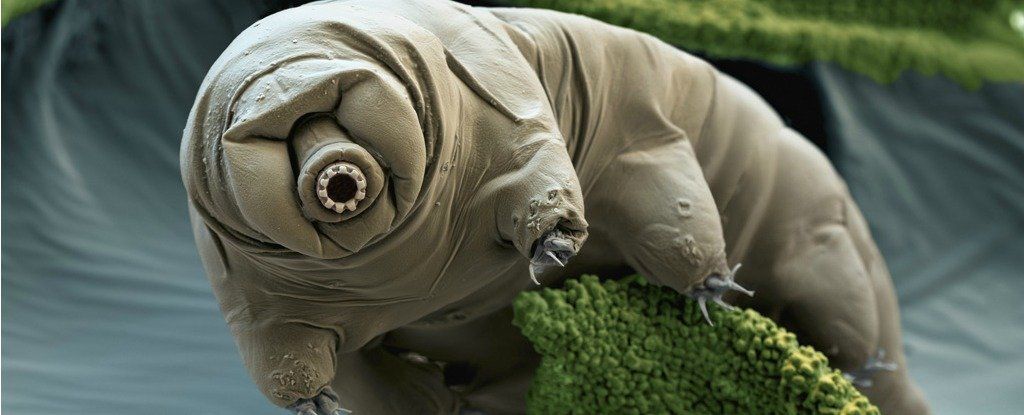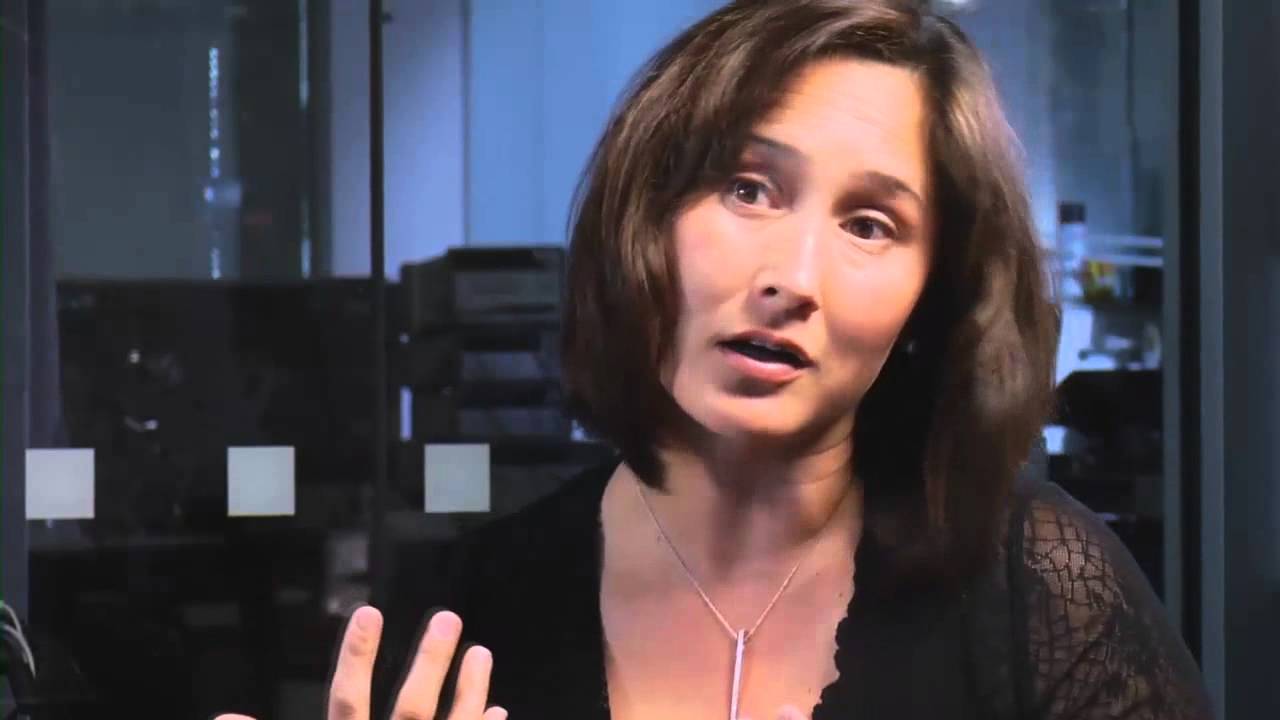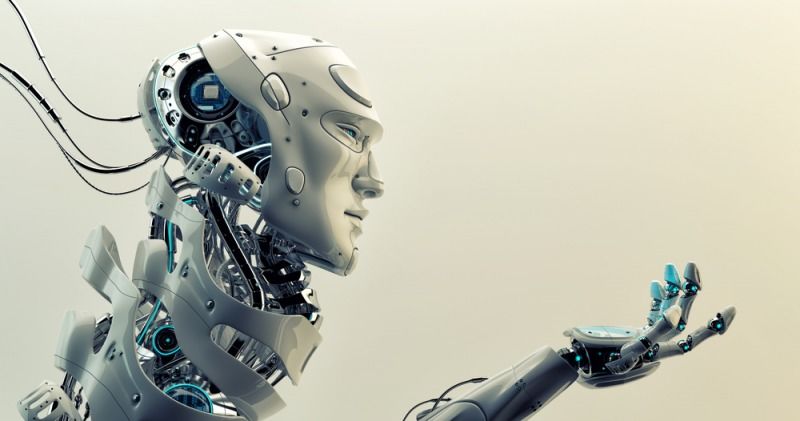
As advancements in technology continue at an ever-increasing pace, will there ever come a day when we’ll be able to use science to cheat death? Australian startup company Humai seems to think so; it claims to be working on a way to transfer a person’s consciousness into an artificial body after they’ve died.
“We want to bring you back to life after you die,” says Humai CEO Josh Bocanegra on the company’s website. “We’re using artificial intelligence and nanotechnology to store data of conversational styles, behavioral patterns, thought processes and information about how your body functions from the inside-out. This data will be coded into multiple sensor technologies, which will be built into an artificial body with the brain of a deceased human. Using cloning technology, we will restore the brain as it matures.”
In an interview with Australian Popular Science, Bocanegra said: “We’ll first collect extensive data on our members for years prior to their death via various apps we’re developing.” After death, the company will cryogenically freeze members’ brains until the technology is fully developed, at which point the brains will be implanted into an artificial body.
Read more

